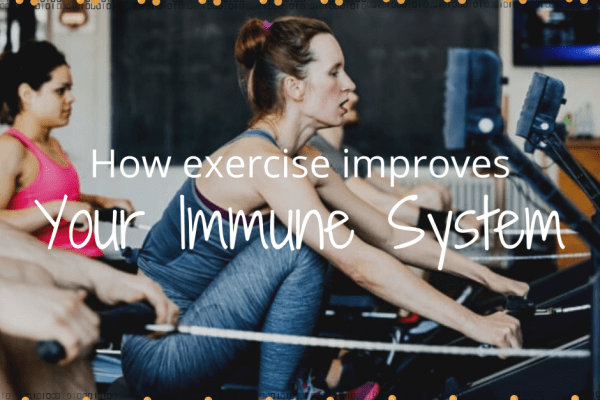Build Your Resilience
How do you build resilience to get you through the COVID-19 pandemic? Resilience helps us withstand stress and to recover better, which is especially important when your schedule and life have changed so quickly. Psychologists recommend building resilience by “finding your footing”—slowing down, listening to experts and creating a…










